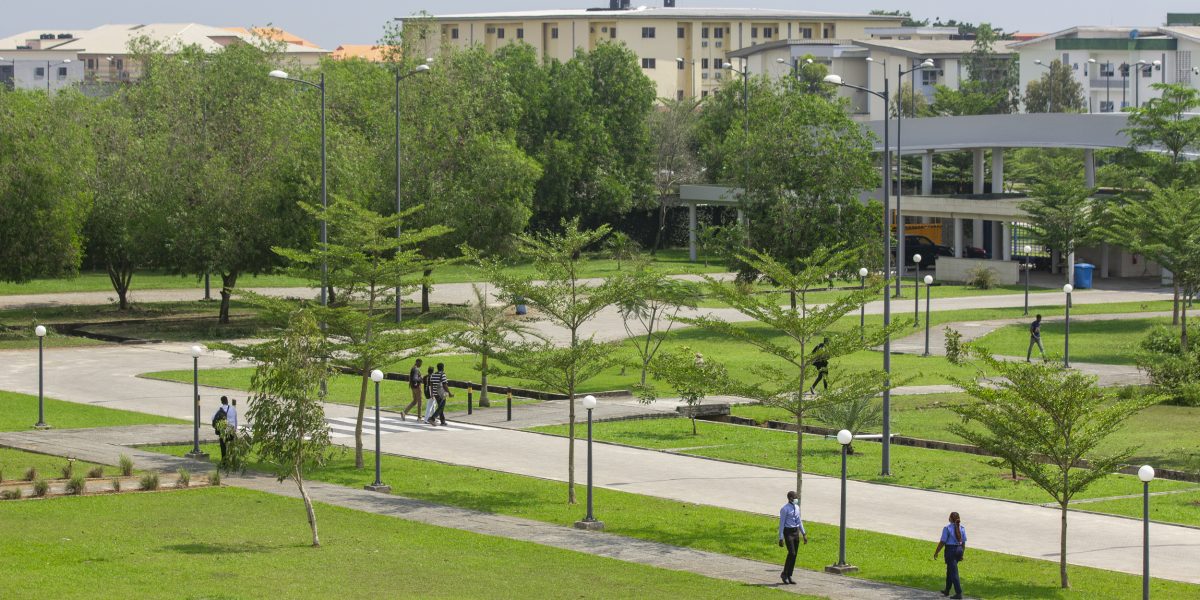
Lagos University Teaching Hospital, Idi-Araba, Lagos
A breakthrough at the Lagos University Teaching Hospital, Idi-Araba, has brought cheery news to people with sickle cell disease. LUTH doctors working with an NGO, Sickle Cell Foundation of Nigeria, have found an effective treatment for SCD.
They successfully carried out a bone marrow transplant on two patients at the centre. The patients – an adult and a child – have been discharged but are under observation. LUTH authorities and the SCFN described the feat as “a significant step forward in the treatment of sickle cell disease…, the first of its kind in West Africa.” Some 127 patients are reportedly waiting to undergo the procedure at the centre.
This is good news. Nigeria has a high burden of sickle cell disease. There are over 150,000 babies born annually in Nigeria with SCD. More than 100,000 die before their fifth birthday due to inadequate management. Fifty million people carry the sickle cell trait globally and risk passing it on to their offspring. Sufferers have an average life expectancy of 20 years. This is dreadful.
Previously, treatment for SCD was only procured overseas at huge costs. But even at the LUTH centre, treatment is expensive. That is why all tiers of government, NGOs, and rich individuals should support the centre.
The government should lead the charge, but it must first do away with its lacklustre attitude to health. The federal budgetary allocation to the health sector in 2024 was N1.3 trillion, or 4.6 per cent of the initial budget of N28.7 trillion.
This falls short of the 2001 Abuja Declaration which recommended that African countries allocate at least 15 per cent of their annual budgets to health. This speaks volumes of the country’s poor appetite for a robust health sector. The government should take urgent steps to restore Nigeria’s woeful health profile.
There are intermittent disease outbreaks. Nigeria is battling with seasonal outbreaks of Lassa fever, and meningitis. Non-communicable diseases, including diabetes, are on the rise. A healthy diet could be tough in a country where citizens are battling low wages, acute joblessness, unremitting inflation, prohibitive food prices, and high transportation costs.
Malaria is a torment, costing the country N132 billion annually, per the National Institutes of Health. Nigeria has the highest number of malaria deaths in the world. It lost 189,321 citizens to severe malaria in 2022, 80 per cent of them under-five children.
Health professionals are fleeing overseas due to insufferable working conditions, such as poor welfare, inadequate power supply and high energy costs.
The government must pay close attention to the health sector. The comatose hospitals need a healthy injection of funds to return to life. The flight of doctors and other medical personnel, or what is commonly called the japa syndrome, must be urgently addressed.
The government must start attracting the runaway physicians back home. On-the-job training for medical workers will come in handy too, as will investment in telemedicine, in which medical services are sought and rendered without physical contact.
Primary health care should be revived. Hospitals and health centres should be built in communities where they are non-existent, and the government should reverse situations where a dispenser plays the role of a nurse, medical lab scientist, pharmacist, and doctor.
Or where indigent patients are asked to buy their medicines because there is none in the health facility. Health workers should step up the campaign for preventive health while medical research institutions should be funded and encouraged to produce drugs.
The three tiers of government should borrow a leaf from the book of Cuba, recommended by the WHO as the best health system in the world. These governments should intensify national efforts for breakthroughs in other diseases.

 4 days ago
1
4 days ago
1















 English (US) ·
English (US) ·